Board Members
President
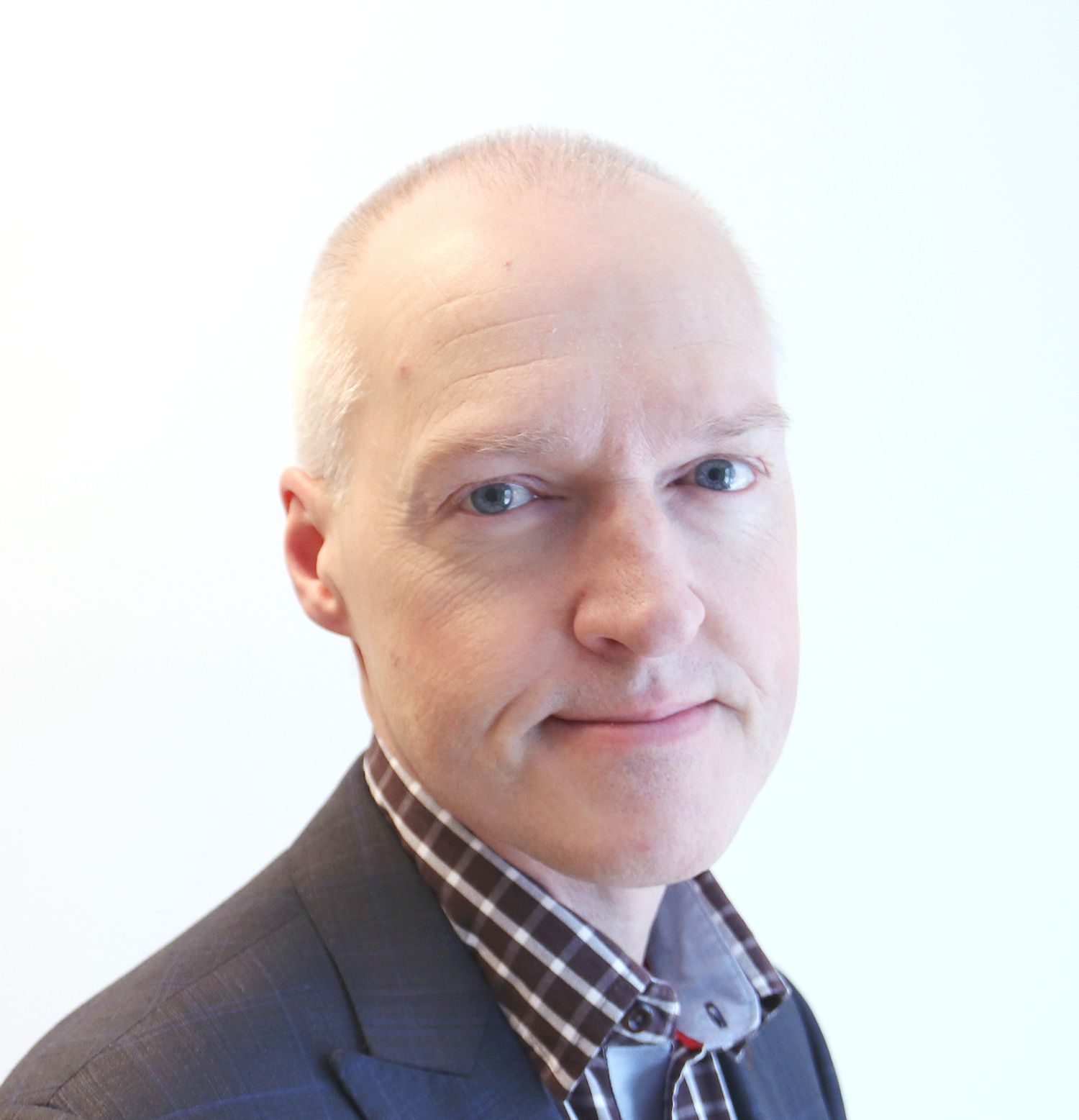 Robert Kronstrand
Robert Kronstrand
The National Board of Forensic Medicine, Linköping, Sweden
email: robert.kronstrand(at)liu.se
Robert Kronstrand is currently the Chief Toxicologist at the National Board of Forensic Medicine in Sweden. He received his BSc degree in analytical chemistry in 1989, and his PhD in human toxicology in 2001, both from the University of Linköping, Sweden. He also holds a part time position as professor in forensic toxicology at Linköping university. Dr Kronstrand has 33 years of experience in the fields of postmortem toxicology, DUID, DFSA and drug testing in various matrices. His research has covered a wide range of topics over the years, including opiate toxicity, analytical toxicology and the incorporation of drugs into hair. Of his more than 100 papers many focus on hair analysis on various contexts.
Vice-President
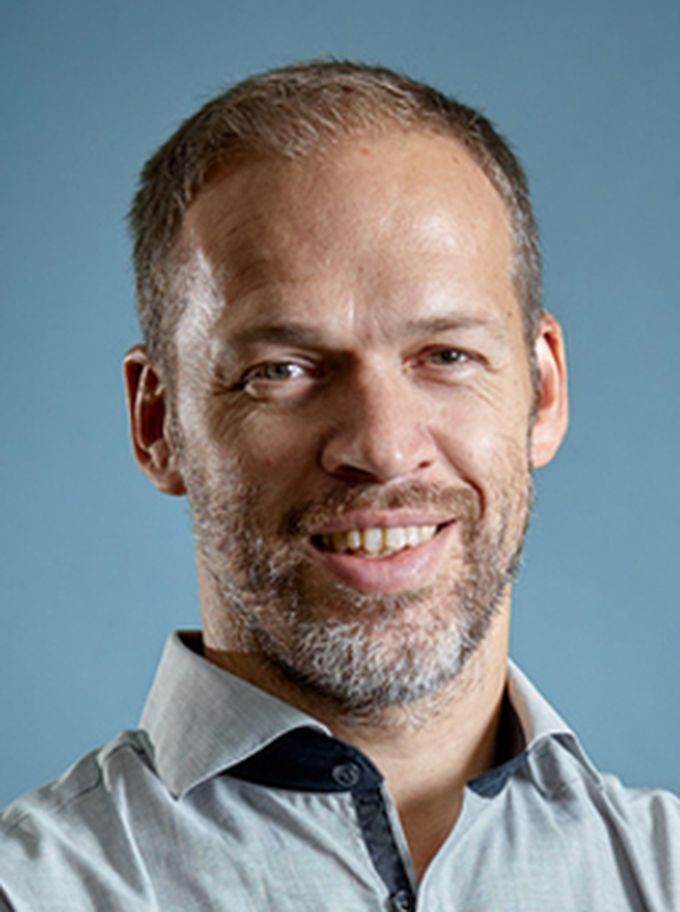 Brice M.R. Appenzeller
Brice M.R. Appenzeller
Luxembourg Institute of Health, Luxembourg
email: Brice.Appenzeller(at)lih.lu
Brice M.R. Appenzeller is head and founder of the Human Biomonitoring Research Unit (HBRU) - Luxembourg Institute of Health, and associate Professor adjunct at the University of Luxembourg. He obtained his PhD in Biology-Health-Environment from the Faculty of Pharmacy of Nancy, France in 2002. After 6 years working in clinical and forensic toxicology with a special focus on biomarkers of alcohol consumption, he founded HBRU in 2008 and started the research thematic on the biomonitoring of human exposure to pollutants such as pesticides, polycyclic aromatic hydrocarbons and endocrine disruptors and on the study of exposure-associated effects on human health. He is also interested in the study of mechanisms of incorporation of chemicals in hair, and in using this matrix for hormonal profiling to investigate hormonal disruption associated with various stressors. His research activity includes analytical development, animal experimentation, wild fauna exposure assessment and epidemiology in human populations. He is author of >90 scientific articles including 45 directly based on hair analysis. He is expert member in several work groups for the French Agency for Food, Environmental and Occupational Health and Safety (ANSES) and past member of the scientific council of the French Ministry of Agriculture. Since he joined SoHT in 2007 and became SoHT board member in 2012, B. Appenzeller has been acting to promote hair analysis for the biomonitoring of human exposure to pollutants.
Secretary
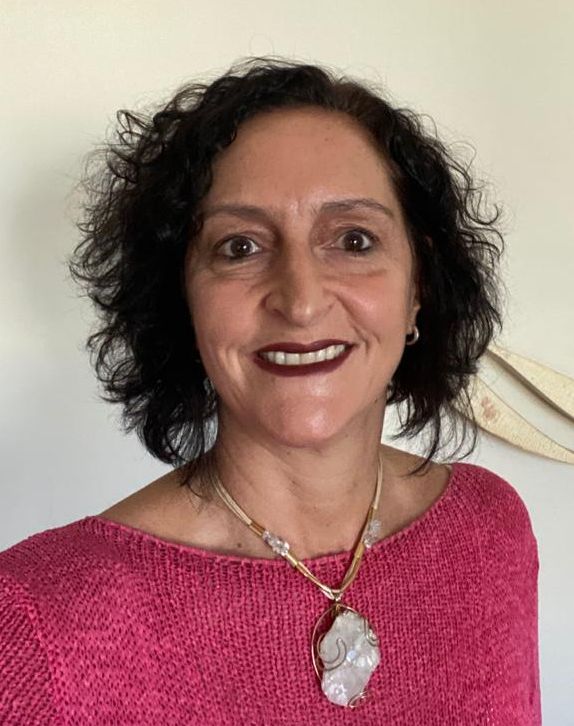 Maristela Andraus
Maristela Andraus
Scientific Director at Cansford Laboratories, Cardiff, United Kingdom
email: maristela.andraus(at)gmail.com
Maristela Haddad Andraus started professional life in 1991 in the Antidoping Laboratory at Jockey Club of São Paulo, where she was responsible for the GC-MS confirmation procedures. She has a Master of Science degree in Analytical Toxicology from Faculty of Pharmacy and Biochemistry at University of São Paulo, Brazil. Maristela was the co-founder in 1999 of Chromanalysis, a CRO laboratory providing support in bioequivalence studies for the pharmaceutical industry and in 2010 set up the animal antidoping laboratory. In 2011, in a joint venture with Cansford, Cardiff, UK, Maristela played a key role in establishing ChromaTox, the first hair drug testing laboratory in Brazil, and since then has been the Managing Director. In this role, she is responsible for all scientific and people management aspects of the laboratory’s work. This role includes the validation of methods to detect drugs in hair, involvement in all related laboratory procedures, interpretation of results including regulatory and legal implications of analytical results, as well as supervision and overall responsibility for all employees. In 2013 ChromaTox became the first laboratory in Brazil to achieve accreditation to ISO/IEC 17025 in both hair drug testing and animal doping. In 2019, ChromaTox was sold and Maristela stayed as a Toxicology Advisor until 2022, when she was invited to become the Scientific Director at Cansford Laboratories. Maristela has attended and presented research findings at various scientific conferences and professional seminars and is a member of the SoHT since 2010, TIAFT since 2014 and Socieda de Brasileira de Toxicologia (SBTox) since 2013. In 2015 Maristela was the Chairperson of the 20th Scientific Meeting of the SoHT in São Paulo and has been a Board member of the SoHT since 2014. She is currently acting as Secretary of the Board, having been involved in the revision of the Consensus on: Alcohol Markers in 2019; Drug of abuse in 2021 and Hair Testing in 2022.
Treasurer
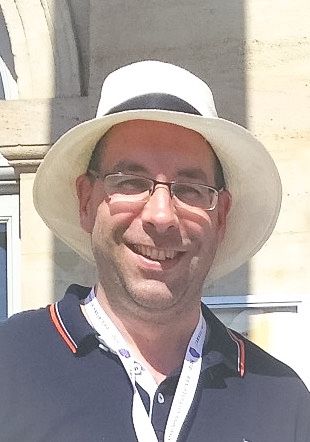
Centre Hospitalier Universitaire Vaudois, Lausanne, Switzerland
email: Frank.Sporkert(at)chuv.ch
I studied food chemistry at the Technical University of Berlin. From 1997 to 2001, I did my PhD at Fritz Pragst lab about the application of the SPME technique for the detection of drugs and FAEE in hair. In 1997, I became a member of the Society of Hair Testing. After finishing my PhD thesis, I continued investing research time in hair analysis. Optimising extraction protocols, applying new techniques and assessing EtG as alcohol marker have become my main fields of interest. Since 2003, I’ve employed as Senior Forensic Toxicologist at the University Centre of Legal Medicine Lausanne-Geneva where I work in all fields of forensic toxicology and chemistry. I am also member of the TIAFT and the GTFCh. Since 2012, I have been board member of the SoHT. Since then, I’ve hade responsibilty for the coordination of the proficiency testing program for alcohol markers in hair. Trying to harmonise analytical procedures on order to decrease global measurement uncertainties and therefore to get more external acceptance for these markers have always been a major interest.
Administration Board (in alphabetical order)
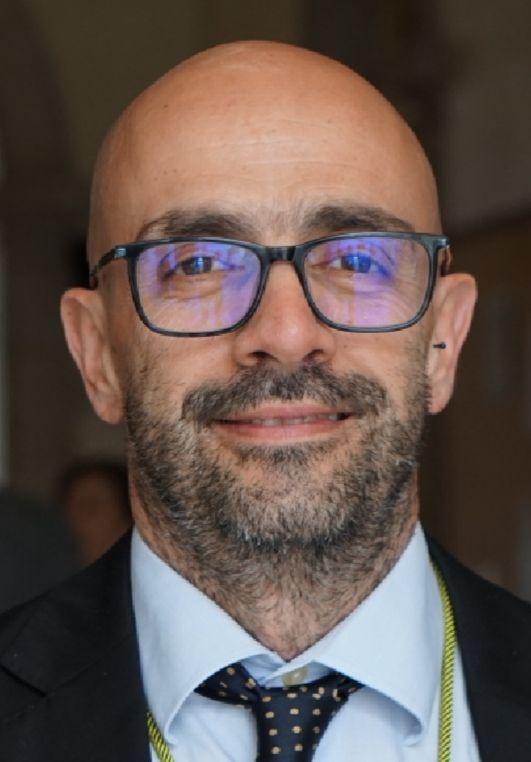 Mário Barroso (Portugal)
Mário Barroso (Portugal)
Mário Barroso got his degree in Pharmaceutical Sciences at the Faculty of Pharmacy from the University of Coimbra in 1999 and the Master in Legal Medicine at the Faculty of Medicine from the same University in 2005. In 2010, he got his PhD in Biomedicine (forensic toxicology: hair testing) at the Faculty of Health Sciences from the University of Beira Interior (Covilhã) in close collaboration with the University of Santiago de Compostela (Spain). His main research interests are method development for dug analysis in biological samples and the use of alternative specimens (particularly hair) in toxicology. He is author or co-author of several papers and book chapters in scientific publications and has edited a book on Pesticide Toxicology. He participates in several national and international research projects, and he teaches in both under and post-graduation studies. He is the supervisor of several Master and PhD thesis at Portuguese universities. After 23 years serving as Forensic Toxicologist at the Portuguese National Institute of Legal Medicine and Forensic Sciences, in February 2024 he started a new position as the Head of R&D and Method Development at AlphaBiolabs, Warrington, UK.
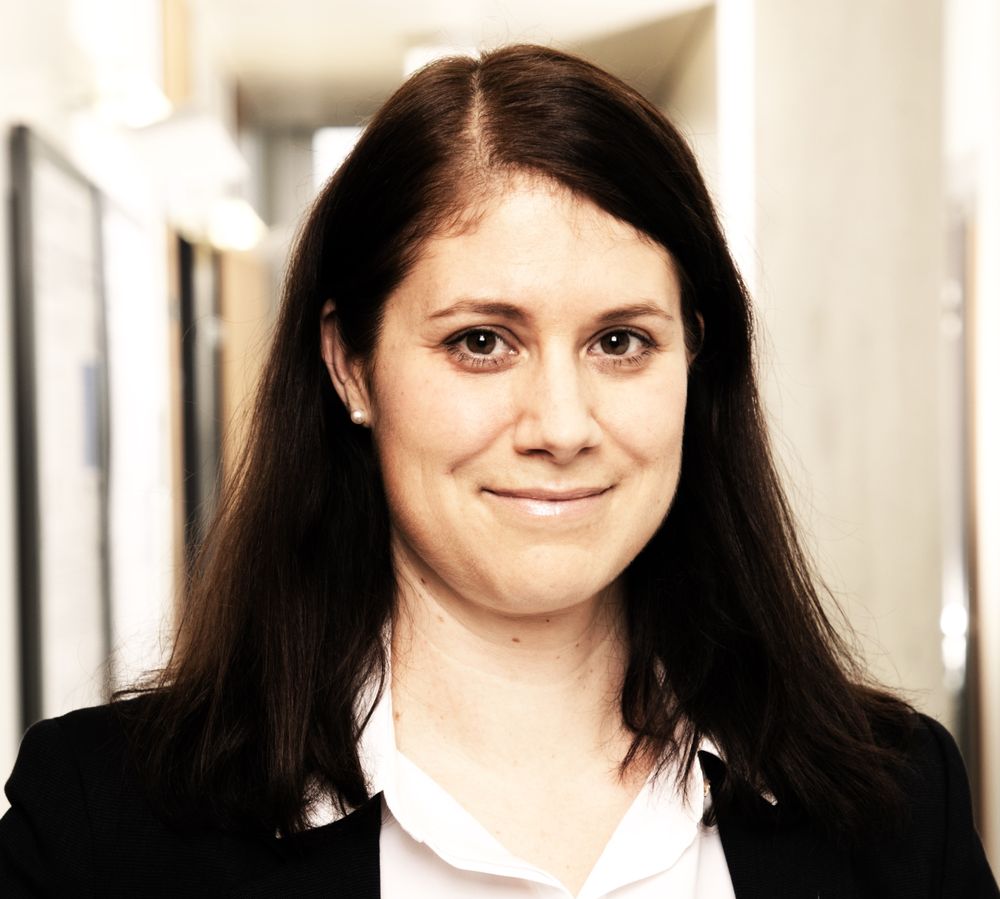
Tina Binz (Switzerland)
My journey to Forensic Hair Analysis has begun with my undergraduate and graduate studies at the University of Saarland in Saarbruecken, Germany. My early research career was focused on Molecular Biology, for which I received a Masters’ degree in 2005. I then received my PhD in 2009 in Pharmaceutical Biotechnology at the Helmholtz Institute for Pharmaceutical Research Saarland. The analysis of hair was first introduced to me during my postdoctoral studies at the Laboratoire National de Santé at the University of Luxembourg, where I gained in-depth LC-MS/MS experience with applications in Forensic Toxicology. My experience was further strengthened in 2010 when I became senior manager of the metabolomics platform at the Luxembourg Centre for Systems Biology. In 2012 I moved to Zurich and became the Deputy Head of the Center for Forensic Hair Analytics (ZFH) within the Zurich Institute of Forensic Medicine, University of Zurich. My work as forensic hair expert at the ZFH has resulted in over 25.000 witness expert reports in forensic hair analytics. In 2019, I finished my habilitation thesis in forensic toxicology and received the academic grade “Privatdozent, PD” which corresponds to an adjunct professor and senior lecturer. My research is centered on the development of methods for quantitative analysis of novel and technically challenging drugs and metabolites. My special interest lies in the analysis of endogenous stress biomarkers in the hair matrix. In the last years we have published more than 20 publications in this new research field including new analytical methods for the measurement of cortisol and steroids in hair. This method allows stress to be monitored under variable living conditions in a noninvasive way.
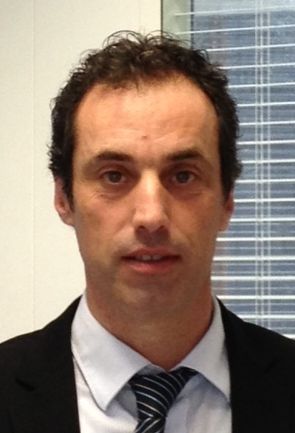 Vincent Cirimele (France)
Vincent Cirimele (France)
ViVincent Cirimele studied biochemistry and pharmacology at the Louis Pasteur University of Strasbourg and received his Ph.D. in 1996 (thesis entitled “Analysis of Xenobiotics incorporated in Hair”, awarded by the French Academy of Pharmacy in 1998). In 2003, he founded ChemTox and became Scientific Director and CEO of this laboratory in 2009. He was listed as Expert by the Cour d’Appel de Colmar in 2007 and by the Court de cassation since December 2012 for forensic and analytical toxicology, blood alcohol determination, drugs of abuse and doping substances. He is mainly involved in Forensic toxicology investigations and especially in alternative tests such as hair testing. He developed and validated new analytical approach dedicated to xenobiotics detection in hair which leads him to be author and co-author of 12 book chapters and more than 300 papers and oral presentations. He is member of several scientific societies (TIAFT, SFTA, STC) including the Society of Hair Testing (SoHT) since its creation in 1995, and became SoHT board member in 2012.

Donata Favretto (Italy)
Donata Favretto is Professor of Forensic Toxicology at the University of Padova (Italy), Responsible of the Laboratory of Legal Medicine and Toxicology and Responsible of the Regional Antidoping Center at the University Hospital of Padova. She received her degree in Pharmaceutical Chemistry and Technology in 1990. She continued her academic enrichment specializing in Chemical Methodologies for Analysis and Control. From 1990 to 2001, she was researcher at the National Council of Researches at the Mass Spectrometry Center of Padova, and focused her activity on the identification and characterization of organic molecules and biologically active compounds; she also could explore the potentials of the most advanced mass spectrometry techniques, in the biomedical and clinical fields. In 2001 she moved to the department of Legal Medicine - Forensic Toxicology and Antidoping, of Padova University Hospital, where she was actively involved in clinical and forensic toxicology. Her research topics have been since then the diagnosis of acute and chronic intoxications, the determination of xenobiotics from biological fluids and complex matrices, the identification and quantification of drugs, drugs of abuse and metabolites, the dosage of neurodepressors, the identification of doping agents. She continued her career achieving the title of Associate Professor in Forensic Toxicology in 2006. She is pursuing her scientific and research activities at the Legal Medicine Institute of the University of Padova – Department of Public Health. She is the Responsible of the Laboratory of Legal Medicine and Toxicology and Responsible of the Regional Antidoping Center. She has been developing researches applied to: acute and chronic poisoning, in vivo and post-mortem identification and dosage of drugs, determination of drugs and drugs of abuse in non-conventional matrices, dosages of psychoactive drugs for assessing brain death, therapeutic drug monitoring, driving under the influence of alcohol or drugs, application of the “omics” approach to the field of forensic medicine, discovery of biomarkers of disease. She has promoted the use of HPLC-high resolution mass spectrometry for the general unknown screening and confirmation of xenobiotics in hair, for both clinical and forensic applications (withdrawal syndromes, perinatal intoxications, liver transplantaion, environmental exposure, child custody, parolees..). She is the author of more than 160 publications including book chapters and articles in international, peer reviewed journals. She is a member of the International Association of Forensic Toxicologists (TIAFT). In 2006 she was awarded the best Published Paper of the Young Scientists Committee of the TIAFT. She is President of the Italian Group of Forensic Toxicologists (GTFI). She has been a member of the board of the Society of Hair Testing since 2012.

Rossella Gottardo (Italy)
Rossella Gottardo is currently an Associate Professor of Forensic Medicine at the University of Verona (Italy). She graduated in Pharmaceutical Chemistry and Technology at the University of Padua in 2000. She then moved to the Institute of Forensic Medicine of the University of Verona, where in 2004 she got her PhD in Forensic Science. In 2010, she also specialized in Hospital Pharmacy at the University of Padua. During her PhD, she first approached hair analysis for forensic purposes. Since then, she has continued her research activities, which focus on the development of innovative methods, but also on in-depth analysis on the interpretative level. She developed specific expertise in the application of hair analysis, particularly in the field of drug screening for driving license regrating, in utero exposure, in drug-facilitated crimes, in workplace drug testing, as well as in epidemiological studies on drugs and verification of adherence to therapy. She is the author or co-author of more than 70 papers and book chapters in scientific publications, many of them specifically focused on hair analysis. She is a member of the International Association of Forensic Toxicologists (TIAFT), of the Italian group of Forensic Toxicologists (GTFI) and of the Italian Society of Toxicology (SITOX).

Elena Lendoiro (Spain)
Elena Lendoiro graduated as a Pharmacist in 2008 from the University of Santiago de Compostela (USC, Spain), where she also obtained her MSc in Forensic Sciences (2011) and her PhD in Forensic Toxicology (2016, with international distinction). Her PhD thesis focused on the use of hair as an alternative biological matrix to assess in-utero drug exposure and was awarded the Extraordinary Doctorate Prize by USC. She completed a three-month research stay at the National Institute on Drug Abuse (NIDA, NIH, USA) in 2012 during her doctoral studies. Moreover, she worked as a postdoctoral fellow at Robert Gordon University (Aberdeen, UK) for 2 years (2016-2018), conducting research on genotoxicity and protective factors using the comet assay and other techniques. Currently, she is a permanent lecturer in Toxicology at USC and a researcher at the Institute of Forensic Sciences "Luis Concheiro" (Spain). Her main research interests include the analysis of alternative biological matrices (hair, nails, oral fluid, meconium), prenatal drug exposure, NPS detection, and genetic toxicology. She has authored 45 peer-reviewed articles, 4 book chapters, and co-authored more than 70 scientific communications. In addition to her research and teaching, she is involved in forensic casework and expert toxicological reporting. Elena has been actively involved in the Society of Hair Testing (SoHT) for years, contributing to three consensus papers (2019, 2021, 2022) and co-chairing the 25th Annual Scientific Meeting of SoHT (2021, Santiago de Compostela). She is also a member of The International Association of Forensic Toxicologists (TIAFT), where she served as Secretary of the Young Scientists Committee from 2022 to 2024.
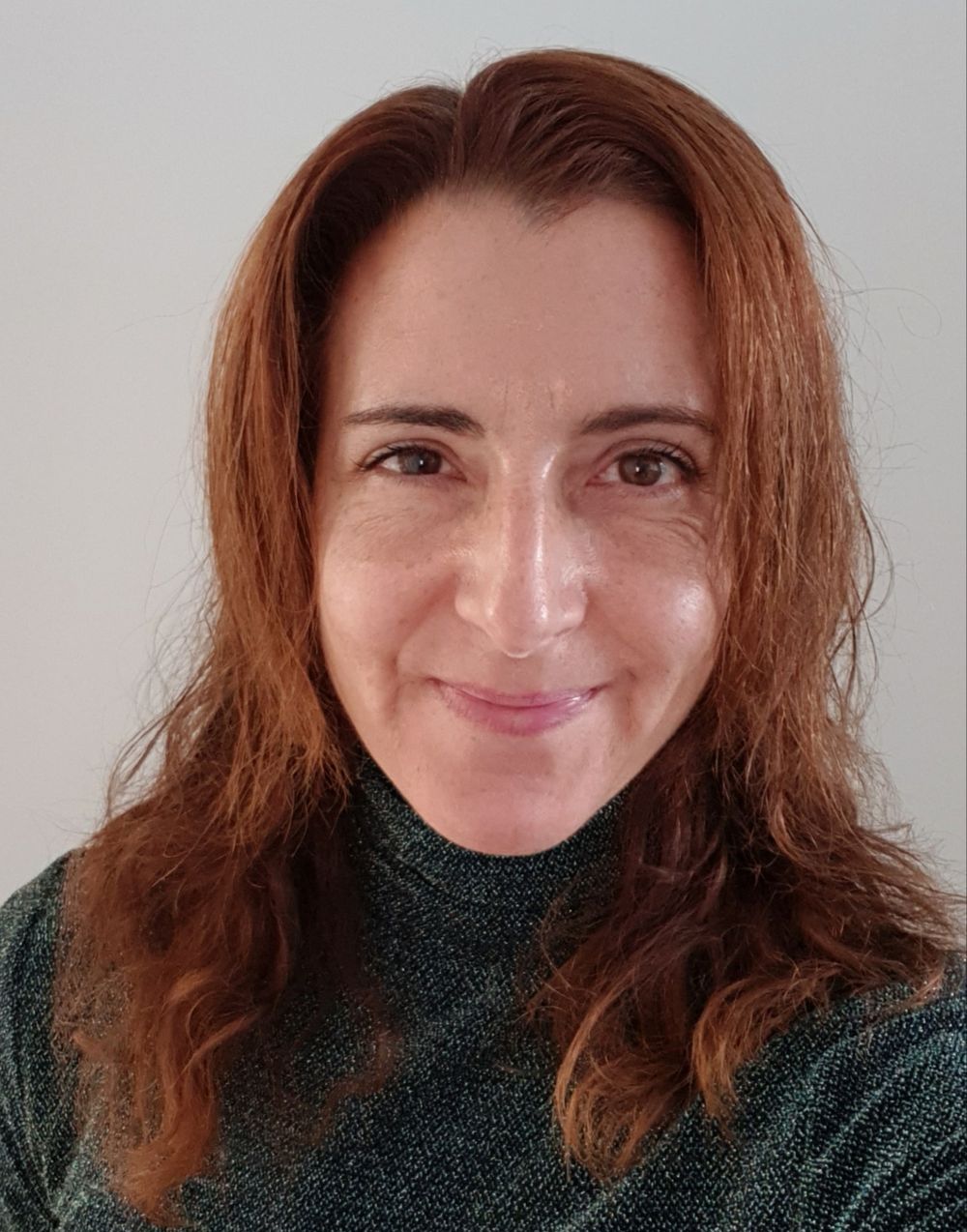
Maria del Mar Ramirez (Belgium)
Maria del Mar Ramirez is scientific advisor in the toxicology laboratory of the National Institute of Criminalistics and Criminology (NICC) in Brussels, which belongs to the Belgian Ministry of Justice. She started her career in 2004 with a European Commission Project for 6 months at the Chemical, Biological, Pharmaceutical and Environmental Sciences Department of the University of Messina (Italy), on research with Multidimensional Liquid Chromatography applied to allergens. She simultaneously completed a postgraduate degree in Quality, Environment and Occupational Risk Prevention with the University of Les Heures (Barcelona, Spain). Later in August of the same year she joined the toxicology service at the NICC where she continues to work today, being responsible for research, development, quality control, application, and interpretation of the analytical methods related to the analysis of xenobiotics in hair. In 2006 she had her first contact with the SoHT in Vadstena, becoming then a member of it. In 2010 she received the best doctoral thesis award in 2010 from the University of Santiago de Compostela, on the Analysis of Forensically Relevant Drugs with Conventional and Advanced Liquid Chromatography-Tandem Mass Spectrometry Methods. She is the author of 34 publications, of which 10 of them are on hair analysis and she has actively participated in numerous meetings of several organizations in the field of forensic toxicology. Her main interests are to encourage research and quality in hair analysis. In 2021, she has been elected in the SoHT board.
Webmaster
Frank Scheufler
Bayerisches Landeskriminalamt, Munich, Germany
email: webmaster(at)soht.org
